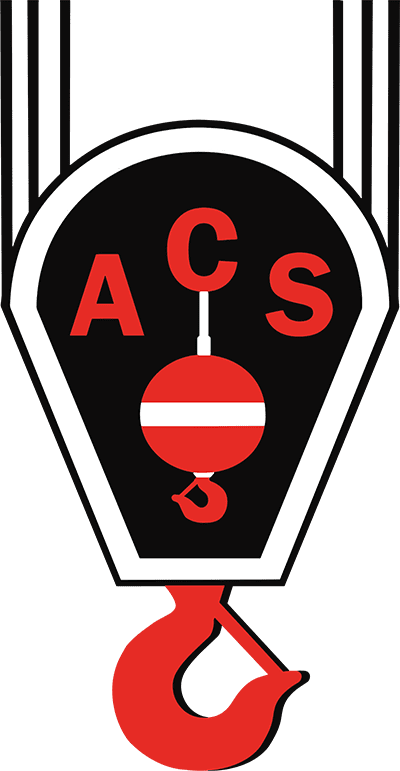When it comes to crane operator certification, there are so many options that it can be confusing at first when trying to decide which certifier to go with. We’re here to not only help you understand the differences between these programs, but to also explain why we think one in particular is the best choice.
Before we get into who they are and how they’re different, it’s important to note that there are several factors that must be taken into consideration when choosing which certifier is right for you.
Questions you should ask yourself are:
- What crane types do they offer?
- How long is the certification valid?
- What is the average cost?
- How long will it take to get certified?
- Where is the certification recognized?
- Does it satisfy the City / State requirements in my region?
- What % of the industry uses it?
A quick scan of what’s available will reveal that there are four major crane certifiers in the United States. They include: CIC, NCCCO, NCCER and OECP. Although each has gone through their own rigorous process of gaining accreditation, and proving that they are reliable in OSHA’s view, each one is unique.
Crane Institute Certification (CIC) offers a variety of crane operator certification classes including telescopic, lattice and tower. Certifications are valid for 5 years. They provide classes all over the country and the average cost varies depending on the type of crane and what the student is looking to do. Typically their classes take approximately three days to complete and the resulting certification is recognized nationwide. However, there are some areas (for ex. West Virginia) that CIC is not accepted as a valid form of crane operator certification. Recently, CIC lost their accreditation and they are currently in the process of trying to get it back. In the meantime, they are not certifying any operators.
National Commission for the Certification of Crane Operators (NCCCO) offers classes everywhere in the United States and has classes for every crane type: telescopic, lattice, tower, articulating, digger derrick, gantry, service trucks and more. Certifications are valid for 5 years and operators must begin the recertification process in their fourth year. The good news is, recert candidates that can attest to having 1000+ hours of crane-related experience during those 5 years, can skip their practical exams. NCCCO classes range anywhere from 3 days to a month depending on which crane school you attend, and their certifications are recognized not just in the U.S., but globally.
National Center for Construction Education & Research (NCCER) offers preparatory classes for both mobile and tower cranes. Their offerings are more limited when it comes to the crane world because they are a training provider that covers a wide range of heavy equipment used in the construction industry. Like the others, their certification is good for 5 years but is delivered across a 3-tiered program offering that includes level 1 (167.5 hrs), level 2 (145 hrs) and level 3 (145 hrs). As a result, their training takes longer to complete. NCCER certifications are recognized across the country but they, like CIC, are not accepted in the state of West Virginia where an NCCCO certification is considered mandatory.
Operating Engineers Certification Program (OECP) has a crane class that they offer to the International Union of Operating Engineers (IUOE). Essentially, this program is only available to engineering apprentices and journeymen and is a requirement for the OECP Examination. Although their certifications are also good for 5 years, it is a somewhat restrictive path to take toward getting certified, as you must be a union worker to participate and apprenticeships take anywhere from 2 to 5 years, and operators are required to put in at least 2000 hours annually during that time.
As mentioned earlier, here at California / American Crane School, we do have a preference: NCCCO. This is due to many factors, the most important of which being that NCCCO has certified the vast majority of mobile crane operators in this country. They are the most recognized and respected certifier, and we feel that having an NCCCO card in your pocket gives you the best opportunities when entering the workforce.

